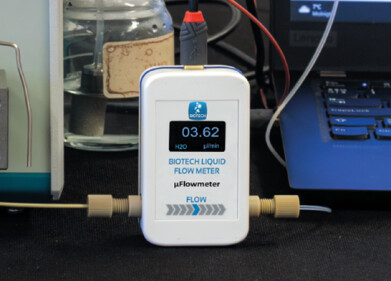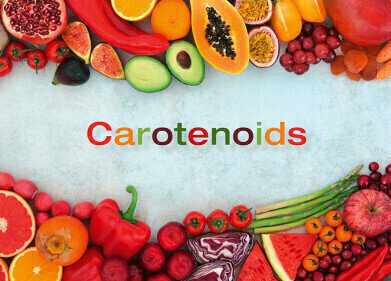HPLC, UHPLC
Does Olive Oil Have Anticancer Properties? - Chromatography Explores
Jun 03 2019
Extraction of virgin olive oil is an extremely valuable crop for many countries around the Mediterranean. Virgin olive oil is one of the main components of the Mediterranean diet and is believed to bring healthy benefits. It is appreciated for its taste and aroma - being one of the few vegetable oils that is consumed in its raw state.
But not all virgin olive oils are equal - as any gaze along a supermarket shelf will show you with all the different varieties. A recent study published in the Annals of Food Science and Technology - Olive Oil as a Potential Source of Antioxidant and Anticancer Agents - has compared the potential health benefits of two varieties and found evidence that olive oil may have anticancer effects.
Premium product
Virgin olive oil is a premium product extracted from fresh olive fruits by mechanical means. This involves pressing and centrifuging, but no heat, solvents or refining are used during the processing. The are hundreds of varieties of olives grown, and as in grape cultivation for wine production, local conditions and practices can have a big say in how the final olive oil tastes, smells and looks.
A healthy option
The Mediterranean diet is associated with many health benefits including cardiovascular disease, neurodegenerative disease and with certain types of cancer. Some of these benefits are partially due to the benefits associated with the quantities of virgin olive oil eaten by Mediterranean people. The benefits in virgin olive oil are thought to be due to the biologically active phenolic compounds found in virgin olive oils.
Many studies in vivo and in vitro, using both humans and animals, have demonstrated the healthy benefits that olive oil phenolic compounds can bring. These have been measured on various physiological factors including oxidative damage, inflammatory markers and antimicrobial activity. It is thought that ripening of the olives plays a role in the quality of the oils produced and this can impact the stability, fatty acid content and phenolic compound content of virgin olive oil. The work referenced above looked at the impact of ripening in two olive varieties and compared their quality characteristics and determined the effects of these on anti-cancer agents.
Chromatography analyses the quality
The team looked at the olive varieties Coratina and Picaul that were grown in Egypt and sampled at three different ripening stages. Among the characteristics they analysed was the phenolic content of the oils that were extracted. They used high performance liquid chromatography - a technique discussed in the article, Integration of MS and UV Data for Peak Tracking in HPLC Method Development.
The team found that olives matured longer had lower phenolic content, this would reduce the stability of the extracted oils and possibly reduce the health benefits of the oils as the phenolic compounds are considered as some of the main health compounds in olive oil. So, make sure your olives are perfectly ripe for the best health benefits.
Digital Edition
Chromatography Today - Buyers' Guide 2022
October 2023
In This Edition Modern & Practical Applications - Accelerating ADC Development with Mass Spectrometry - Implementing High-Resolution Ion Mobility into Peptide Mapping Workflows Chromatogr...
View all digital editions
Events
ACS National Meeting - Fall 2024
Aug 18 2024 Denver, CO, USA
Sep 04 2024 Chiba, Tokyo, Japan
Sep 04 2024 University of Warwick, Coventry, UK
Sep 10 2024 Rockville, MD, USA
Plastics Recycling World Expo Europe
Sep 11 2024 Brussels, Belgium














